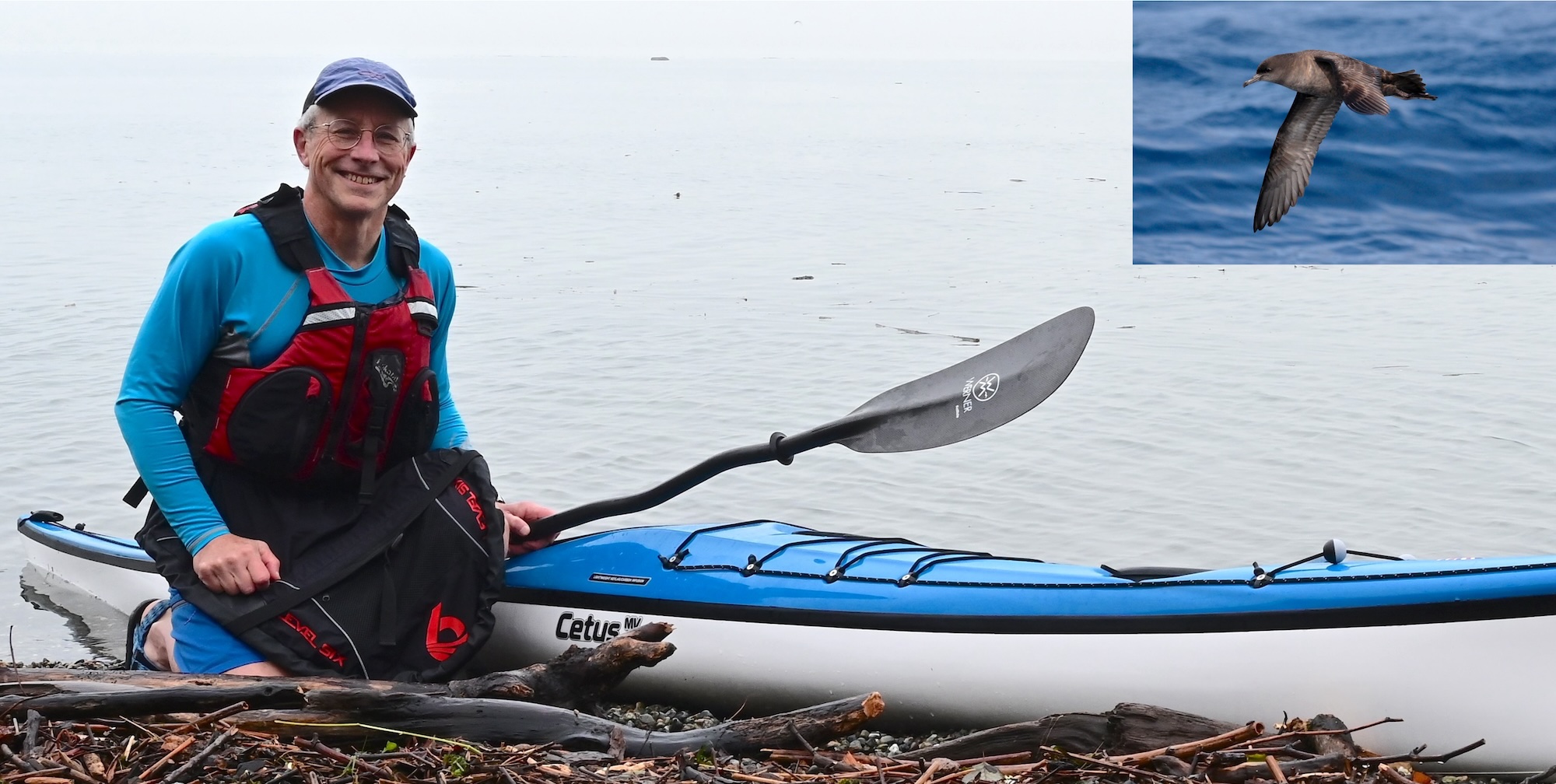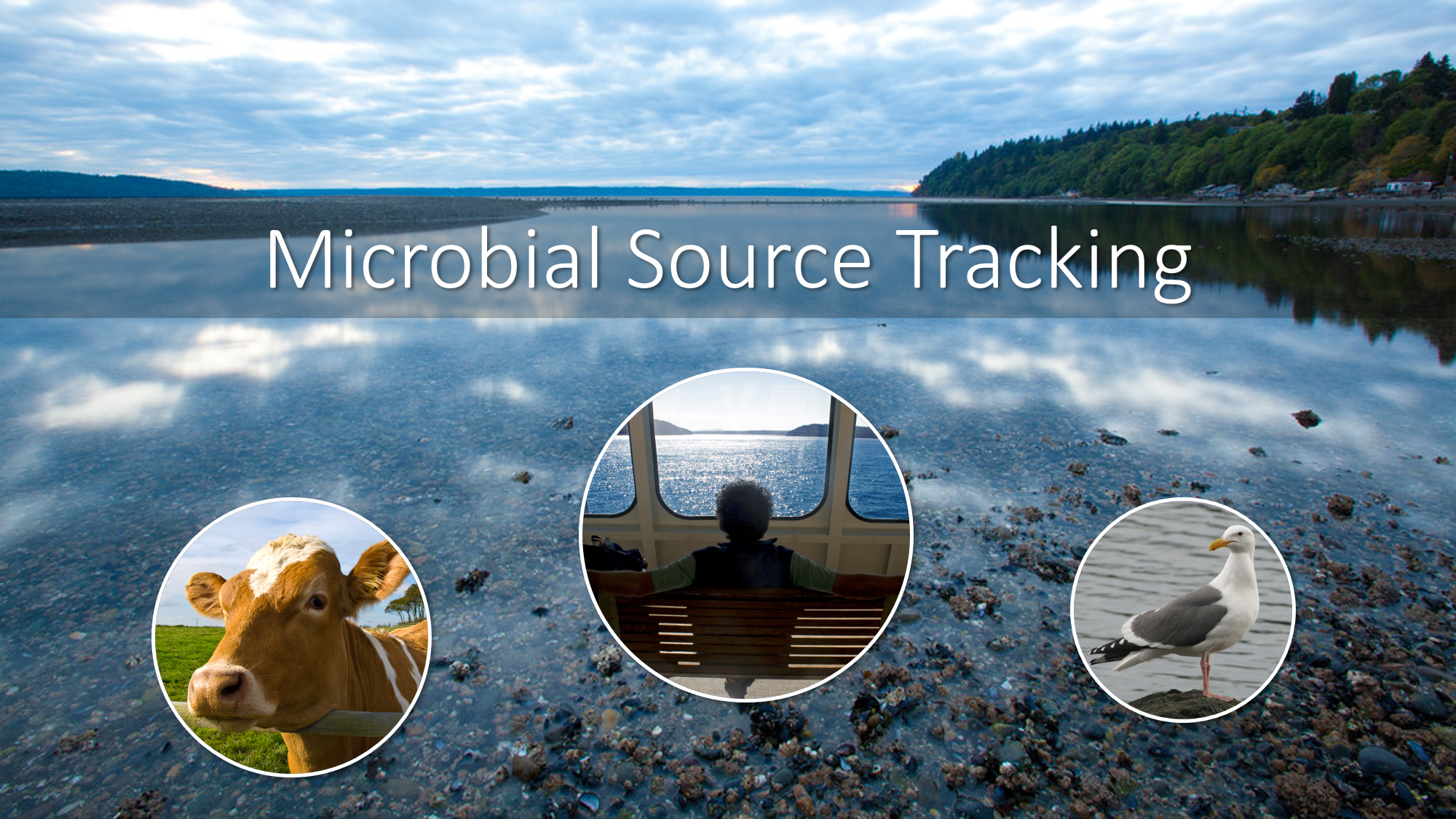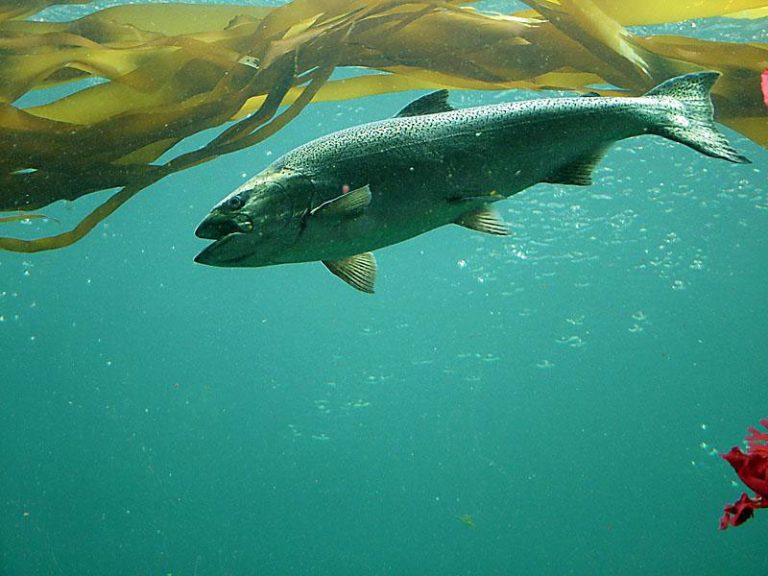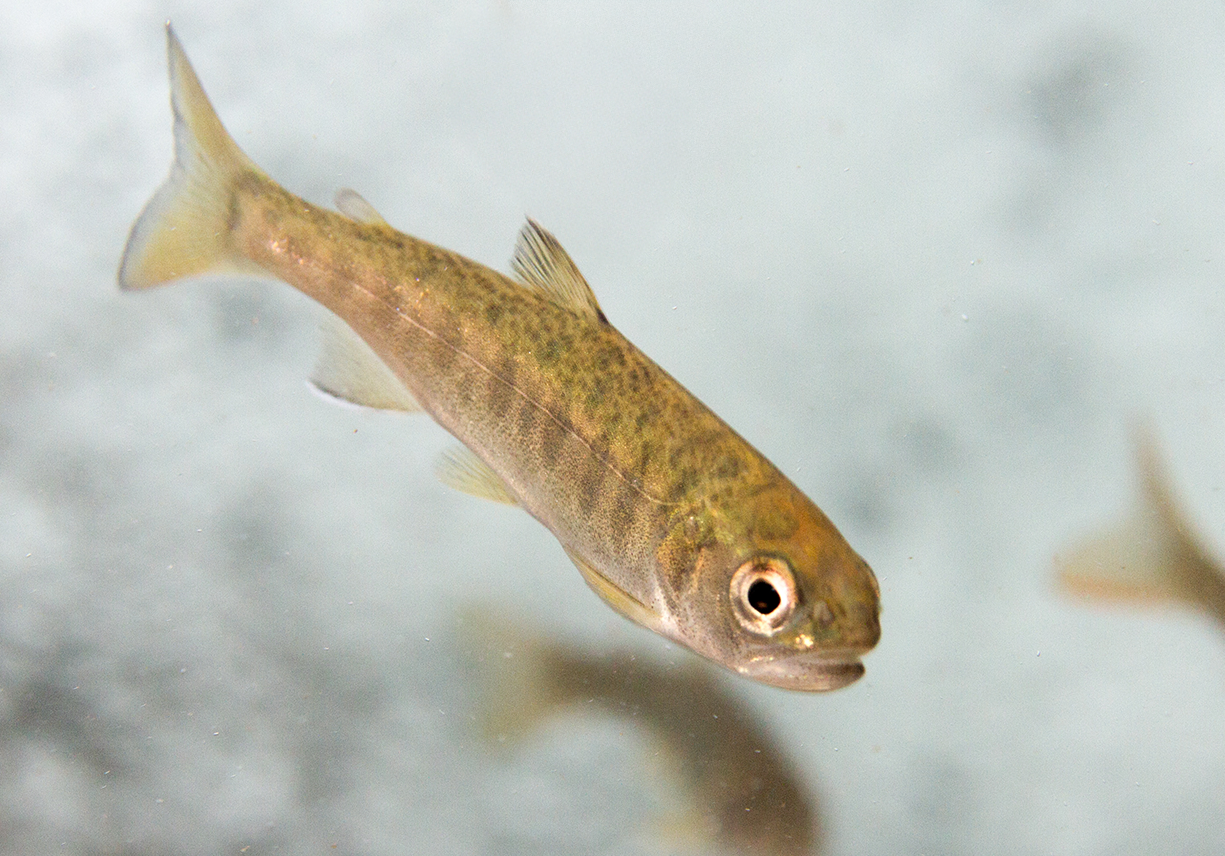Untold numbers of hatchery fish may be dying from exposure to tire-contaminated runoff, according to a new study. When it was first identified in 2020, the deadly tire chemical 6PPD-quinone (6PPDQ) was seen mostly as a threat to adult coho salmon. Fish returning in the fall were found disoriented and gasping shortly after entering creeks […]
December 16, 2025

Looking back on a year of Puget Sound surprises: rare birds, gray whales, water
The year 2025 has been fairly mystifying to experts who make their living studying natural systems in the Puget Sound region. Unusual observations this year include record-low dissolved oxygen levels, unexpected gray whale visitations, and the sudden arrival of an astounding number of short-tailed shearwaters — a seabird almost never seen in Puget Sound. Cold […]
September 30, 2025

What is driving ongoing contamination in Commencement Bay?
Despite more than four decades of a Superfund cleanup along Tacoma’s industrial Tideflats, research suggests that large amounts of toxic chemicals like PCBs and PBDEs may still be entering the waterway. Our affiliates at the Center for Urban Waters are co-leading a new project to identify contaminant hotspots. When it was first designated in 1983, […]
August 6, 2025

Microbial source tracking for Puget Sound
Friday, September 12 | 9:30 am – 12:30 pm PT on Zoom Co-hosted with the Shellfish SIL Effective microbial source tracking is critical for safeguarding public health, restoring shellfish beds, and targeting pollution prevention efforts. Join leading researchers and fellow practitioners to explore emerging tools, regional efforts, and practical guidance to track and reduce fecal […]
August 6, 2025

August 15: Temperature-dependent oxygen supply and demand — a pilot on marine life vulnerability in Puget Sound
Friday, August 15 from 11 am – 1 pm We’re excited to continue the Science of Puget Sound Water Quality workshop series, which explores emerging science and insights to help protect water quality in Puget Sound. Not only does warmer water hold less oxygen, but it simultaneously increases how much oxygen marine species need, so […]
June 12, 2025

Low oxygen challenge, part 4: Many actions may be needed to improve Puget Sound waters
A grand plan to reduce human sources of nitrogen in Puget Sound started coming into focus in 2019 when the issue of regulations reached a decisive point. After years of study and advances in computer modeling, experts at the Washington Department of Ecology were beginning to see what it would take to reduce human sources […]
June 12, 2025

Low oxygen challenge, part 3: Computer models spell out the extent of the water-quality problem
After more than eight years of study amid ongoing discussions, the Washington Department of Ecology has made public a far-reaching plan for reducing human sources of nitrogen that contribute to the destructive low-oxygen conditions in Puget Sound. The plan, called the Puget Sound Nutrient Reduction Plan, calls for reductions in nitrogen from sewage-treatment plants, agricultural […]
June 12, 2025

Low oxygen challenge, part 2: Water-cleanup plans and the search for ‘reasonable’ actions
On a clear autumn day, the blue waters of Budd Inlet reflect the distant snow-capped Olympic Mountains. From the water’s surface, nobody can tell if low-oxygen conditions might be lurking below, as they often do, creating a stressful or even deadly environment for sea life. The fact that beauty can disguise the harsh reality of […]
June 12, 2025

Low oxygen challenge, part 1: The debate over oxygen in Puget Sound
In Puget Sound, low oxygen levels are a proven threat to marine creatures, from fish to shellfish and even tiny organisms. This threat has long been recognized by scientists — particularly within slow-flushing bays and inlets where low levels of dissolved oxygen can impair sea life and occasionally create deadly conditions in late summer and […]
April 29, 2025

New law requires sewage spills to be revealed to the public through a new statewide website
Mindy Roberts of Washington Conservation Action said someone asked her a few years ago about the frequent sewage spills occurring in Tacoma’s Thea Foss Waterway. “My answer was, ‘What sewage spills?’” Mindy recalled, quickly realizing that if she didn’t know about sewage spills in her own city, then hardly anybody else was likely to know […]

